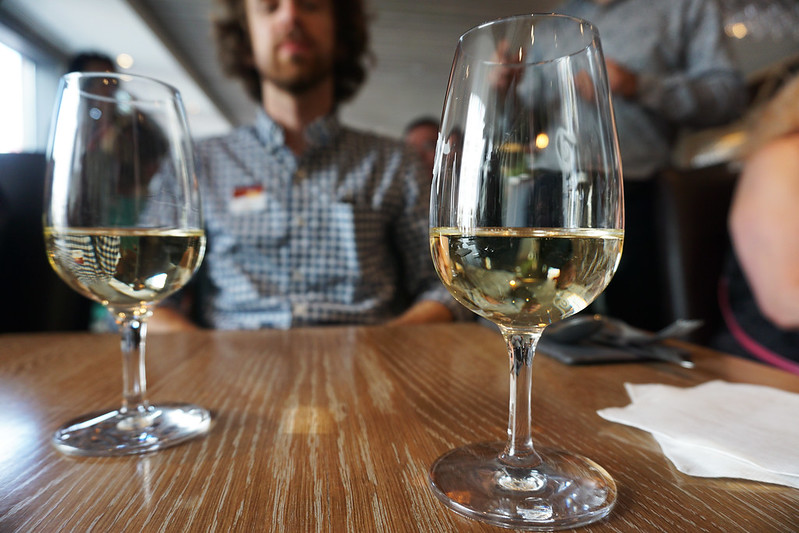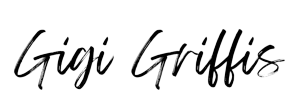The best wines in France, according to an expert
If you’re traveling to France, chances are food and wine will be a big part of your itinerary. How could they not be, in the land that invented soufflés, crème brûlée, and Champagne?
But if you aren’t a wine expert, where do you start? What wines should you try? Where should you travel for tastings? And what’s the best way to experience France’s rich wine culture (with food? Without food? On a tour? Alone?)?
To get the answers, I consulted with a French wine expert. Here’s what they had to say.
About Pascale
I’m Pascale—the president of French Wine Explorers. We’re a 15-year-old tour operator based in the US providing wine and culinary tours to France.
I’m Franco-Persian but have lived most of my life in the US, aside from stints in Paris, the Loire Valley, and the South of France as a student and a professional.
When I’m not working, I enjoy spending time with my children and husband, Pierre (who runs the company with me). I also like Pilates, ballet, biking, boating, and (of course) travel.
The essentials of French wine
Bordeaux and/or Burgundy reds are great places to start. For Bordeaux, start with a St. Julien and branch out from there. The northern wines of St. Julien are often said to favor the bold Pauillac (considered by many to be the quintessential Bordeaux), while those closer to Margaux are more subtle.
Another good starting point is a Cru Bourgeois (in particular: Château Gloria or Château Phélan Ségur—both relatively easy on the wallet, yet offering great pleasure).

For Burgundy reds, I like Nuits-Saint-Georges (especially Louis Latour Nuits-Saint-Georges from the flavorful 2010 vintage). This wine offers fruit flavors and good structure and is perfect with a roast.
And no matter what vineyard or price point, the 2005 and 2009 vintages are a safe investment and sure hit!

Hidden gems of French wine
I love wines from the Loire Valley (reds, whites, rosés, and sparkling—something for everyone!) and the Languedoc, which is slowly gaining attention for its wine quality.
Specifically, my Loire Valley red pick would be a Chinon, which is made from the same base grape (the Cabernet Franc) as many of the fine Bordeaux wines. The Jean-Maurice Raffault Les Galuches is an excellent Chinon, light and excellently paired with outdoor cooking.
Some of the Loire rosés can be a bit too sweet (rosé d’Anjou, I’m looking at you), but the Cabernet d’Anjou blend of Cabernet Franc and Cabernet Sauvignon grapes is something special, with excellent berry flavors. Specifically, try the David Lecomte Château Passavent Cabernet d’Anjou slightly chilled with a BBQ.
For a Loire white, Pouilly Fumé (specifically Francis Blanchet Pouilly-Fumé Silice) is an elegant choice, made from Sauvignon Blanc grapes that were first grown in the Loire Valley. Serve as an aperitif on a warm summer night.
Another option is Sancerre (particularly Jean-Marc et Mathieu Crochet Vignerons à Sancerre), a lighter red made from Pinot Noir grapes that goes well with grilled meats.
Finally, Vouvray white wines (which run on the sweet side and should be chosen with care) can be very nice. I particularly like Domaine Huet Vouvray Le Haut Lieu Sec.
And as for the Languedoc, the white Blanquette de Limoux is a fresh, sometimes-creamy group of sparkling wines…a great value alternative to Champagne. And red-wise, I recommend Minervois—a blend of Syrah, Carignan, Grenache, and Mourvèdre—which is nice in the winter months with hearty stews.

A wine itinerary
Paris is a great place to start any tour. I usually recommend three days in Paris to get over jet lag and enjoy the famously beautiful city. Then the rest of your itinerary depends on your time, goals, and budget. Bordeaux, Beaune, Amboise, Avignon, and Lyon are some of the top cities for wine.
What makes French wine unique
The French have been making wine for a very long time, so that is a competitive advantage. Also, there is a deep understanding of terroir (sense of place) here. The winemakers try to bring together the soil, weather, and environment, which all translate through the grapes into the wine.
How to fit in
Smile. Come with an open mind and a few key phrases in French. Don’t serve yourself or drink too quickly. And don’t wear strong perfume, which can interfere with the tasting experience for you and those around you.

Tips for an authentic tasting experience
Well, I’m biased, but I think your best bet is to choose a good wine tour company (like ours – wink, wink). There’s a lot of granular knowledge involved in planning a wine tour in France because many of the better visits and tastings are by appointment and not available to the public.
If you prefer to plan on your own, do so at least six months in advance, choose hotels that are close to vineyards and places you plan to taste, plan on no more than three tastings a day, factor in some getting-lost time (this will happen!), and, of course, don’t drink and drive.
As for the tastings themselves, how you should do them is very subjective. Personally, I feel strongly that certain wines can be tasted and appreciated without food; others it would be a shame not to pair with food. So a combination of both is a great way to discover a region. If you pair wine with cheese, an easy hack is to always pair the wine of the region with the cheese of the region. For example pair a Loire cheese like Chèvre with a Loire white like Sancerre. That is a perfect combination.
If you want to try some spectacular wines with food, try this in a good restaurant with a sommelier who can help you choose the right wines to pair with your meal.
For help cleansing the palate between tastings, I like eating a bit of bread or drinking flat bottled water and rinsing my mouth out from time to time.
When to go wine tasting in France
Travel in the off-season (late April or late October/early November) for the best access to everything, September for the best weather and to see the vineyards at their peak (harvest time), and summer if you want to pair wine touring with a visit to Paris or the Mediterranean.
Pascale’s favorite wines
Like children, food, and perfume, it’s difficult to pick a favorite. Usually the last good wine I’ve tasted is my new favorite obsession.
That said, if I want a wine I know I’ll love, I’ll go for a Loire. If I want a wine to celebrate with, I choose Champagne. In the summer, I love Provence rosés and in the winter, Châteauneuf du Papes. To mark a special occasion, I choose an older vintage Bordeaux or Burgundy. And when I feel like I want to go out of the box, I pour Alsace, Languedoc, and Cognac.
Find Pascale at wine-tours-france.com.
